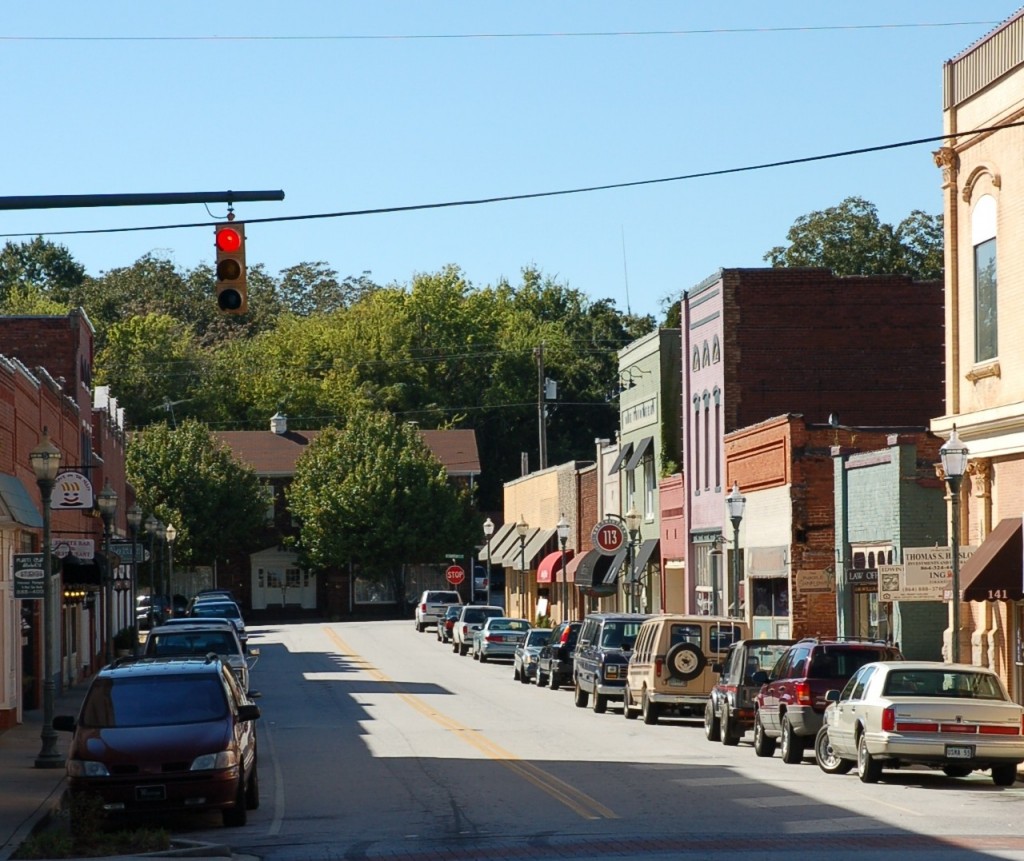Background:
In 1999 the City of Seneca revised their existing zoning ordinances regarding residential and commercial property use within Seneca city limits. The current ordinance lists a number of uses a property within the district can have. Short term rentals are not addressed explicitly in the ordinance. Due to a number of complaints from residents and a pending lawsuit the City Council is considering amending their ordinances to restrict the ability of homeowners to rent their properties short-term. Under state law, any individual may rent their home for 14 days or less without incurring accommodations taxes. If the property is rented for between 14 to 72 days a year the homeowner will owe accommodations taxes. Once a property has been rented for more than 72 days in a calendar year it can no longer be considered an owner-occupied property and thus is classified as a 6% property.
Issue:
The proposed ordinance if enacted would bar any properties with a 6% classification from short-term renting their property. Short-Term would be defined as 28 days or less. The ordinance would not prevent renting property for more than 28 days regardless of the property’s classification. The rationale behind the ordinance is that an individual who short term rents their property is operating a business which is not allowed in a residential area.
Impact:
Private property rights are a fundamental right. Within an individual’s property rights exist the right to rent or lease one’s property. This proposed ordinance strips homeowners of a right that has been consistently confirmed by courts throughout the country. The passage of this ordinance could possibly lead to litigation, which will result in high legal fees being incurred by the City Council to defend their ordinance. Some homeowners have gotten mortgages on their property based on the potential of the property to produce rental income. Long term rentals do not have the same income stream as short term rentals, and also create added restrictions on when the homeowner can enjoy their property. This ordinance could result in individuals not having the funds to continue owning their second home and being forced to sell.
This ordinance if passed would have huge financial implications on the community. Thirty-three cents on every dollar that comes into the City of Seneca is due to tourism. Additionally the inability of non-residents to short-term rent their homes could cause a reduction in individuals looking to purchase a second home. This could then result in a reduction in home prices in the market as a whole. Lastly non-owner occupied properties are the only ones that pay M&O millage for schools, so a reduction in non-resident homeowners will directly result in a reduction in funding for local schools.
Action:
We encourage members to do the following in response to this proposed ordinance:
● Call your council member and express how this change would affect you and the real estate industry in the area.
● Ask the Council to take more time to fully examine this issue by getting input from all sides and by getting a study on how this proposed ordinance would affect the city, its citizens, and homeowners at large economically.
● Ask the council to enforce their existing ordinances regarding noise,trash,public peace, and parking instead of creating a new restriction on property rights.
● Attend the City Council Work Session at Seneca City Hall on August 27 at 6 PM to relay your concerns to the Council
● Attend the next full meeting of Seneca City Council at Seneca City Hall on September 10 at 6 PM and provide testimony to the Council on how this ordinance will affect the community negatively.
● Talk to your fellow REALTORS® and homeowners in the community about this ordinance and ask them to come voice support at one of the upcoming meetings.
Below is a link to all of the contact info for members of Seneca City Council. City Attorney Bo Bowman who’s direct line is 864-349-2615.
http://www.seneca.sc.us/Government/Council.aspx
Be your own advocate!
Join our mailing list to stay up-to-date on issues affecting homeowners statewide.
Click here to sign up

